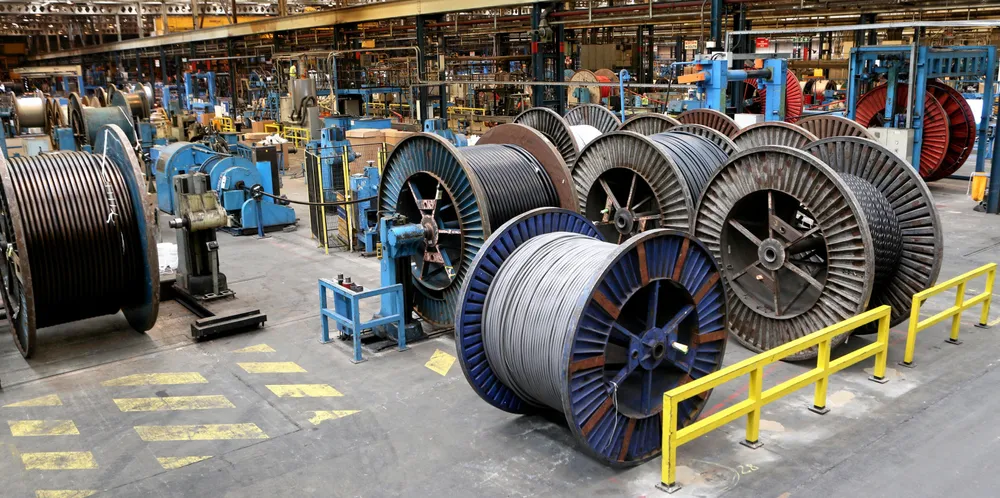Avangrid seeks power purchase deal rejig for 'no longer viable' 1.2GW US offshore wind giant
Developer cites major economic challenges in applying to make 'modest changes' to offtake contract for Massachusetts-bound Commonwealth Wind megaproject

US offshore wind developer Avangrid has filed a petition with the Massachusetts Department of Public Utilities (DPU) to pause its review of the power purchase agreement (PPA) for the company’s flagship Commonwealth Wind project.
Economic challenges have surged since the project was submitted to the state in May, 2021, and under its current PPA it is “no longer viable”, Avangrid claims.
The tender was the last held under rules that capped maximum proposals below the lowest bid awarded in the previous round, or $77.76/MWh.
The developer signed a PPA with state electric distribution companies (EDC) last April for a reported $72/MWh, which is under review by the DPU but the exact terms have not been confirmed.
Avangrid said it is requesting that the DPU suspend its review “in response to the unprecedented economic challenges facing all major infrastructure projects, including historic price increases for global commodities, sharp and sudden increases in interest rates, prolonged supply chain constraints, and persistent inflation”.
“An immediate suspension is crucial because, under the current PPAs, the project is no longer viable and would not be able to move forward,” said the company.
The Labour Department sees US inflation hovering at 8.3%, while the Federal Reserve raised benchmark interest rates for the third time in September, to 3.75%.
Avangrid is calling for the regulators and EDCs to “assess measures that would return the project to economic viability including... modest changes to the PPAs”.
“We have been seeing moves to renegotiate PPAs on the onshore wind and solar side, so it does not come as a surprise that we're seeing similar moves for offshore,” she said.
With higher prices likely to endure for the near term, she noted, “projects securing finance in the next few years will be subject to higher costs”.
“Access to tax credits can help offset some of this increase," she said, but "likely won’t be enough to return economic viability to some already contracted projects.”
Massachusetts recently scrapped price caps for future rounds, which “could indicate that higher prices for offshore wind are not off the table,” said Jean-Michel.
Avangrid had already admitted delays to both Commonwealth and its Park City wind projects last month during an investors event. The 800MW Park City, power from which is contracted to the state of Connecticut, will now see a commercial operations date of 2027, while Commonwealth is expected to come online in 2028.
The developer is likewise seeking renegotiation of Park City with Connecticut regulators and is looking to sell off part of its Kitty Hawk project straddling the maritime border in the US Atlantic between North Carolina and Virginia for $100m.
Despite the setbacks facing the project, BNEF’s Jean-Michel noted that offtake contracts are difficult to renegotiate once finalised, and “stepping in for a one-month pause... could lead to a more successful outcome for Avangrid.”
Avangrid stated that “Commonwealth Wind remains the best possible solution for Massachusetts to meet its ambitious clean energy and climate goals, and… is well-positioned to reach commercial operations in 2028.”
(Copyright)